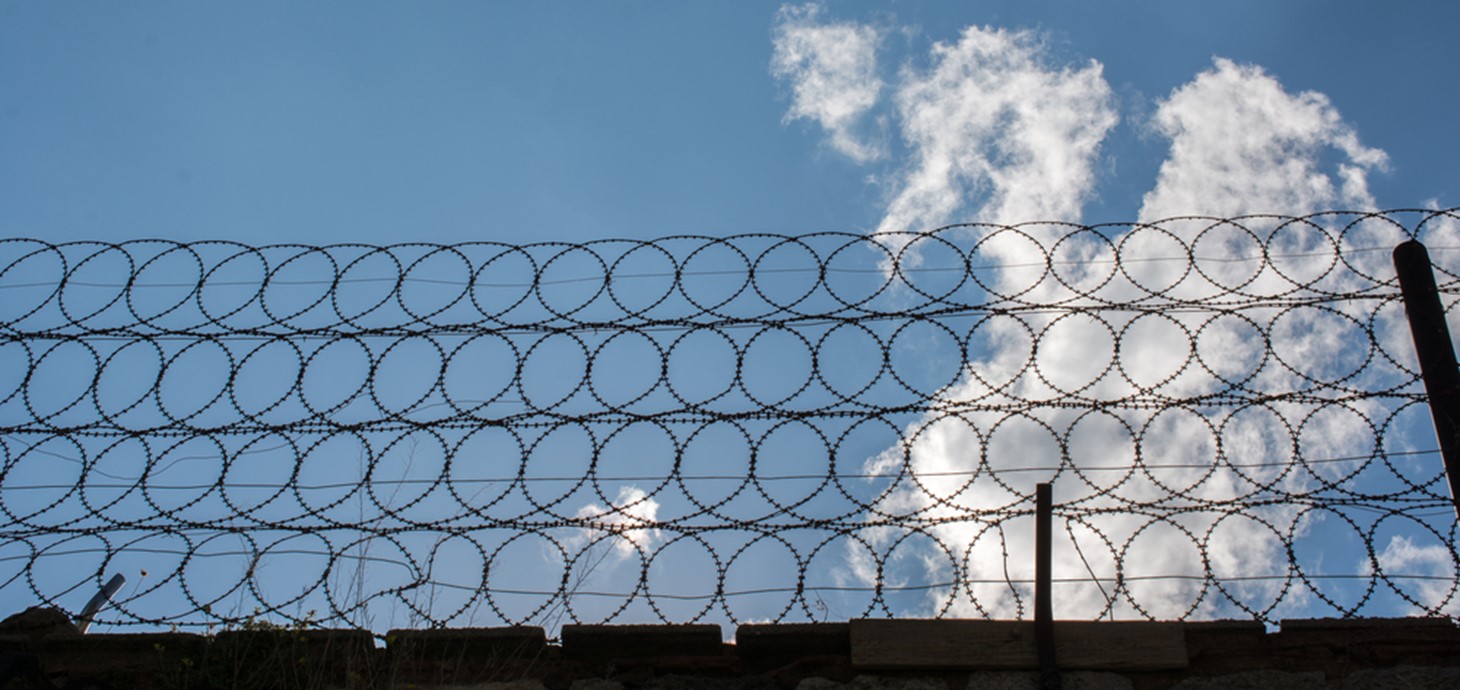
The impact of Covid restrictions on prisoners and prisons is to be examined in a new Swansea-led research project, which has been awarded £251,240 by the Economic and Social Research Council, to see what lessons can be learned.
Pandemic control measures create huge difficulties for prisons and prisoners. The cramped physical conditions of many prisons make it very difficult to observe social distancing.
Many prisoners are extremely vulnerable, with emotional and mental health difficulties, and high rates of violence, suicide and self-harm. A disproportionate number of prisoners are from black and minority ethnic backgrounds, a group that is at particular risk from Covid.
Health protection measures to tackle Covid have meant additional constraints for prisoners, on top of normal prison restrictions. For example, for the vast majority, work, education, rehabilitation and family visits have been suspended or significantly reduced and time spent confined to a cell has increased.
The project is to be led by Professor Jason Davies of Swansea University’s department of psychology, with collaborators from universities in Belfast, Liverpool, Lincoln and Leicester and from the Ministry of Justice.
The team will be trying to establish the impact of introducing restrictions – and of easing them – on prisoners’ psychological wellbeing and their behaviour. They will be examining any differences in the responses and analysing what factors may lie behind these differences.
Their findings are likely to be relevant to the prison system as a whole. However, they are focusing on a particular sub-group of prisoners across 34 prison sites who are following the Offender Personality Disorder Pathway.
They will be interviewing a sample of prisoners from this group, as well as analysing data on mental health and wellbeing across time.
Professor Jason Davies of Swansea University, lead researcher for the project, said:
“Understanding and learning from the impact of COVID-19 in prisons, and responses to it, is essential.
We need to identify how to build resilience, in case further restrictive measures are needed as the pandemic continues.
Our findings might also highlight practices that can make a positive difference to prisons and prisoners in their normal day-to-day running.
The research will also allow us to examine whether certain groups amongst prisoners, for example ethnic groups, are disproportionately affected by COVID and the response to it, as is the case in the wider community.”
This research is funded by the Economic and Social Research Council (ESRC), as part of UK Research and Innovation’s rapid response to Covid-19.
